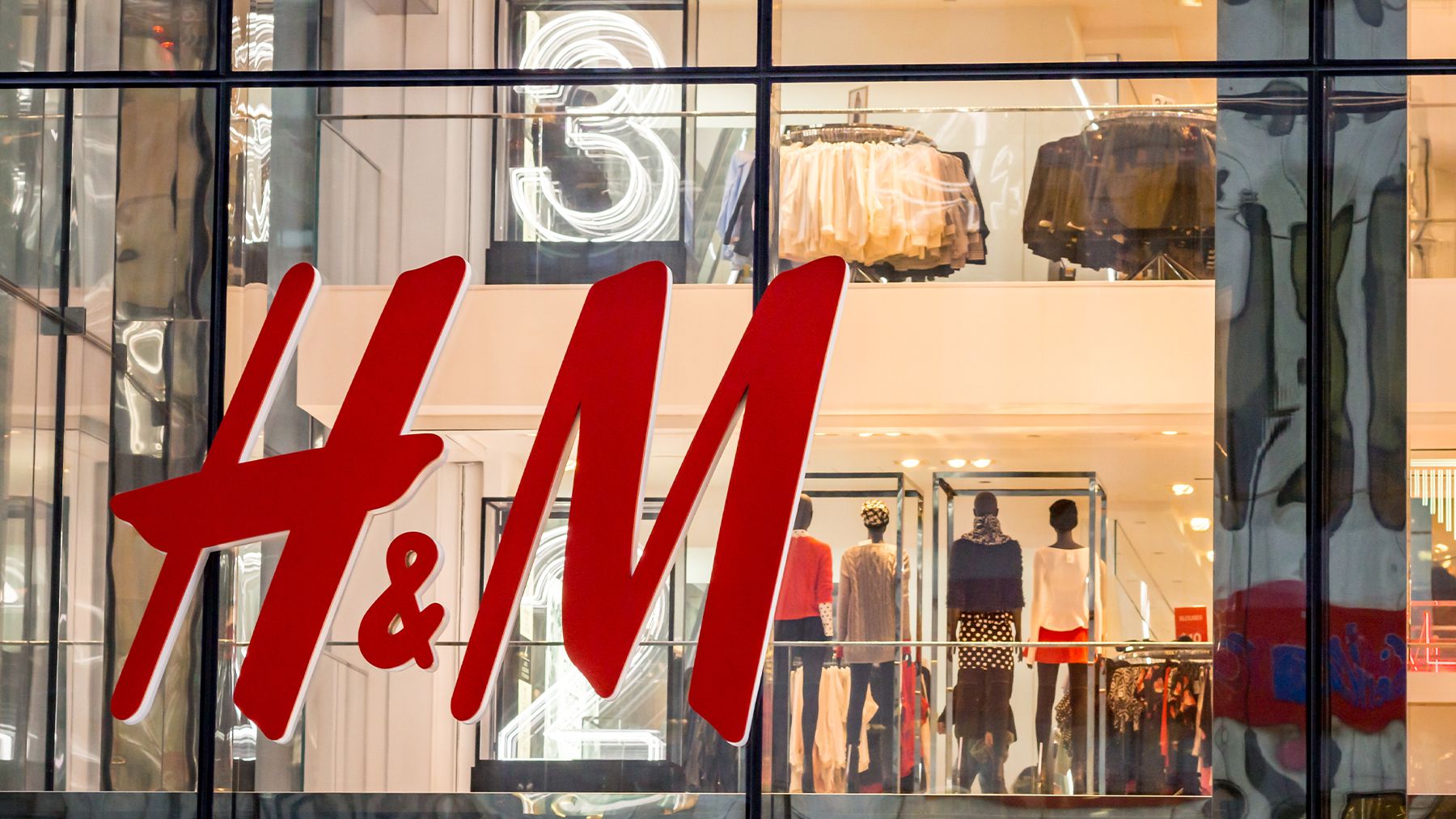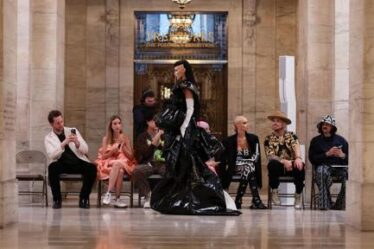
Sweden’s H&M is seen swinging back to profit in its December-February quarter as pandemic effects ease, though the closure of its Russian stores and the economic fallout from war in Ukraine has made the company’s outlook more uncertain.
Analysts polled by Refinitiv on average expect the world’s second-biggest fashion retailer to report a pretax profit of 1.04 billion crowns ($112.2 million) for its first quarter on Thursday.
Sales were up 23 percent year-on-year, H&M has reported, but down 11 percent from two years earlier, before the pandemic.
The year-ago period, when nearly half of stores closed due to the second wave of the pandemic, H&M made a 1.39 billion crown loss. Two years ago, it made a 2.50 billion crown profit.
Alongside many other companies reacting to Russia’s invasion of Ukraine in late February, H&M on March 2 said it would temporarily close its stores in Russia, expressing concerns about the “tragic developments in Ukraine.”
Some companies, such as brewer Carlsberg, have decided to exit Russia permanently, while the Kremlin has threatened to seize assets of companies that pull out.
Russia was H&M’s sixth-biggest market with 4 percent of sales in the fourth quarter of 2021. While the group is reducing its store count overall, it has been increasing its number of stores in Russia, to 170 at the end of November.
Analysts have been lowering full-year earnings estimates for H&M recently.
“For H&M we could see further downside risk to estimates if H&M decides to pull out of Russia/Ukraine permanently due to the conflict there, or this leads to further upwards pressure on inflation and commodity prices,” RBC analysts said in a note.
H&M’s sales halt in Russia follows a sharp drop in demand in China over the past year, related to concerns the group has expressed about workers’ rights in the Xinjiang cotton growing province. China had accounted for around 4 percent of H&M’s sales.
As recently as January H&M unveiled targets to double sales by 2030 and to reach an operating margin of 10 percent by 2024. Last year it reached 7.7 percent.
Competitor and market leader Inditex, the owner of Zara, grew sales 33 percent year-on-year, and 21 percent from the same period in 2019, in the six weeks from Feb. 1.
H&M’s shares are down 18 percent so far this year, while the European retail index is down 22 percent, and Inditex 26 percent.
By Anna Ringstrom; Editing by Elaine Hardcastle
Learn more:
H&M CEO Sets Target to Double Retailer’s Sales by 2030
Hennes & Mauritz AB chief executive Helena Helmersson set an ambitious goal of doubling the fast fashion retailer’s sales by 2030 after she reduced discounts and started clearing out the company’s longstanding inventory buildup.


